Tighten management to unlock innovation
On June 14, 2025, Vietnam officially reached a landmark legal milestone when the National Assembly passed the Law on Digital Technology Industry, the first law in Vietnam's legal history to recognize digital assets and cryptocurrencies.
Effective from January 1, 2026, this law not only establishes a legal corridor for a new field, but also positions Vietnam on the map of pioneering countries promoting the digital economy and innovation, especially in blockchain technology and digital assets.
The new law clearly distinguishes between two groups of digital assets: “virtual assets”, such as reward points or vouchers that do not use encryption; and “cryptocurrencies”, which use encryption technology to authenticate transactions and transfers, but are not classified as legal currencies or securities. This is an important legal basis to help distinguish legal and technical boundaries and help manage financial risks more effectively.
On this basis, the Government is empowered to detail the conditions for granting operating licenses to exchanges, depository companies, issuers, etc., along with cybersecurity standards and measures to control money laundering (AML) and combat terrorist financing according to international standards.
More importantly, the law also acts as an “innovation accelerator” by integrating strong incentive policies including research subsidies, tax exemptions, and fast-track visas for blockchain experts to attract high-quality human resources and develop a comprehensive digital value chain.
However, behind the opportunities lie a series of significant challenges. The establishment of this legal framework takes place in the context of Vietnam being under pressure to be removed from the “grey list” of the Financial Action Task Force (FATF) because of loopholes in the management of virtual assets related to money laundering.
That forced the Government to take drastic action: from passing laws, submitting resolutions to strictly manage cryptocurrency exchanges, to drafting a Decree on administrative sanctions with fines of up to 2 billion VND for operating unlicensed exchanges.
Notably, in the latest proposal of the Ministry of Finance, only centralized service providers such as exchanges, depositories, or issuing companies will be licensed, with a minimum charter capital requirement of up to VND10,000 billion.
In addition, the law also requires Vietnamese users to transfer all digital assets to licensed platforms, transactions through unlisted exchanges will be considered illegal. This is a step showing the determination of the management agency in establishing a transparent, safe and controllable cryptocurrency ecosystem.
According to Mr. To Tran Hoa, Deputy Director of the Market Development Department (SCCK), regulations on capital structure are also strictly designed: at least 65% of the charter capital of a cryptocurrency organization must come from institutional investors, the rest comes from banks, securities companies, investment funds or insurance companies.
“The charter capital of VND10,000 billion is equivalent to the two stock exchanges combined, aiming to create a stable foundation for the cryptocurrency market in the early stages,” Mr. Hoa emphasized.
Setting up such technical and financial barriers is not only to ensure risk control but also to filter out noise and weak units or illegal operations, which has been a burning issue for a long time.
However, the potential of this market cannot be underestimated. According to Chainalysis's report, Vietnam is currently in the top 3 largest cryptocurrency markets in Asia, with an estimated trading volume exceeding 100 billion USD within just one year (July 2023 - June 2024).
According to data from Triple-A, by the end of 2023, there will be about 21 million Vietnamese people owning cryptocurrencies, accounting for nearly 20% of the adult population, nearly double the number of traditional securities accounts in the country.
In particular, Vietnam is also the second largest market in the world (after South Korea) in terms of access rate to global exchanges such as Binance, accounting for 6.8% of global traffic.
These numbers not only confirm the "huge" scale of the digital asset market in Vietnam, but also pose an urgent requirement: There must be laws, control mechanisms and methodical development orientation.
The Law on Digital Technology Industry is not only a legal framework, but also a clear statement that Vietnam is not standing outside the global digital asset game but is proactively creating its own rules of the game.
Cryptocurrency recognition: Vietnam locks in the missing piece of the digital economy.
Difficult problem
The birth of the Law on Digital Technology Industry is a big step forward in establishing the first legal corridor for digital assets in Vietnam. However, along with the expectation comes a difficult problem: how to balance risk management and promote technological innovation, especially in a young, sensitive and volatile field like cryptocurrency.
According to Ms. Lynn Hoang, Country Director of Binance Vietnam: “We believe that a clear and consistent legal framework is the foundation to protect users and promote sustainable growth of the digital asset industry.” This is also the common expectation of many businesses operating in the blockchain ecosystem when clear laws and standards will minimize risks and create development momentum.
However, businesses cannot hide their concerns. Mr. Tran Huy Vu, co-founder of Kyber Network, one of the leading blockchain startups in Vietnam, said that the new law is a “breakthrough but not clear enough” step. In particular, the draft rules for the pilot market (sandbox) are still vague about the scope and conditions of application.
“We are unclear whether KyberSwap’s global operations are considered compliant, nor what specific steps need to be taken to meet the requirements of the law,” Mr. Vu expressed.
Not only from the business perspective, legal experts also voiced warnings. Mr. Phan Duc Trung, Chairman of the Vietnam Blockchain Association, commented that the requirement of a minimum charter capital of VND 10,000 billion, although aimed at ensuring market safety, could become an "obstacle" that would eliminate many startups from the game.
“The result is a wave of technology companies that may leave the domestic market to seek more flexible experimental models abroad,” Mr. Trung said.
Sharing the same view, lawyer Dao Tien Phong (Investpush Legal, Ho Chi Minh City) warned: “The lack of a clear boundary between technology development and financial activities can create legal risks, reduce the motivation for innovation and lead to a 'brain drain'.”
According to him, it is the lack of clarity that will discourage startups, which are the pioneers in the digital technology field.
Faced with this reality, the expert community recommends that the Government quickly complete testing frameworks (sandboxes) with transparent criteria, clearly defining the boundaries between technology application development - finance - investment, as well as clearly classifying digital assets. This not only helps avoid confusion in the implementation process, but also creates a fair playing field for both domestic startups and global platforms.
Legalizing digital assets is a strong start, but to go further and sustainably, Vietnam needs a “flexible management” mechanism instead of “rigid management”.
The long-term success of the digital asset market will depend on a tripartite collaboration between regulators, businesses, and the technology community to create a digital ecosystem that is secure, transparent, innovative, and highly adaptable to global movements.
Source: https://baodaknong.vn/cong-nhan-tien-dien-tu-viet-nam-chot-manh-ghep-con-thieu-cua-nen-kinh-te-so-256401.html






![[Photo] Opening of the 13th Conference of the 13th Party Central Committee](https://vphoto.vietnam.vn/thumb/1200x675/vietnam/resource/IMAGE/2025/10/6/d4b269e6c4b64696af775925cb608560)

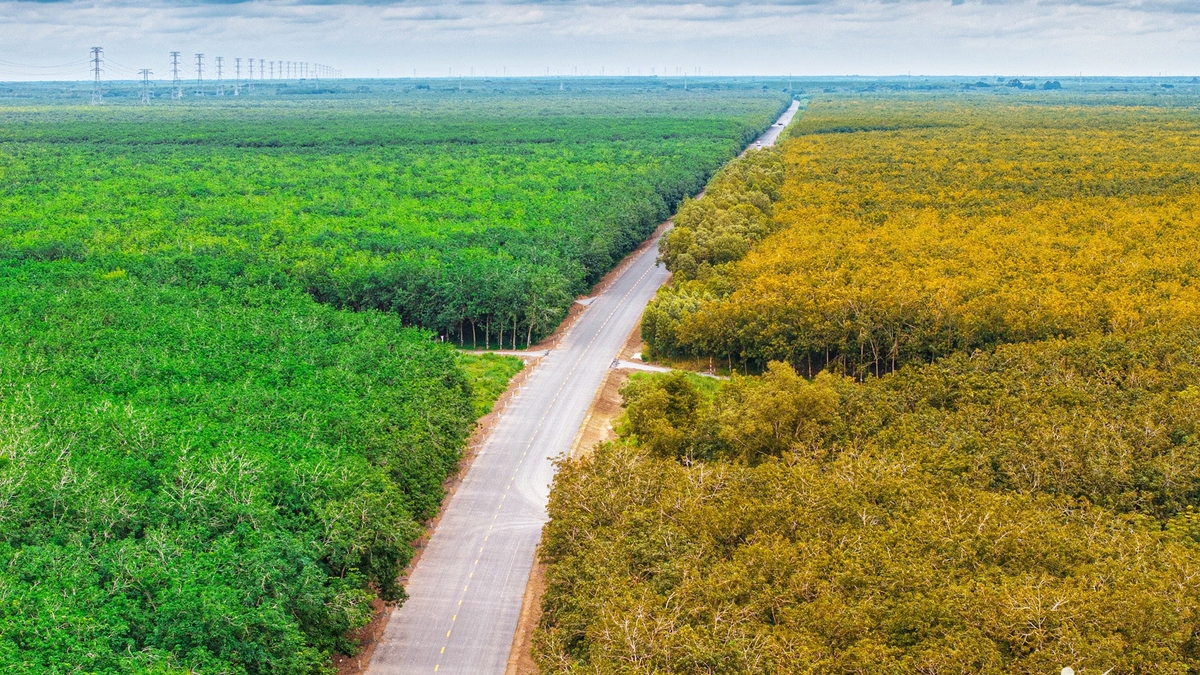
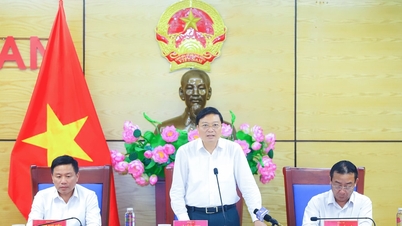

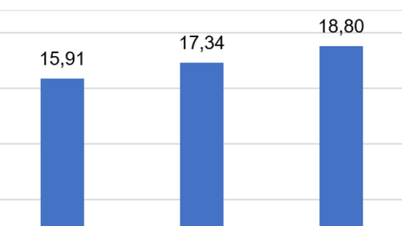



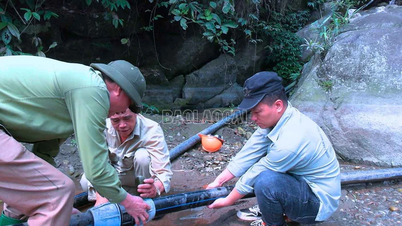

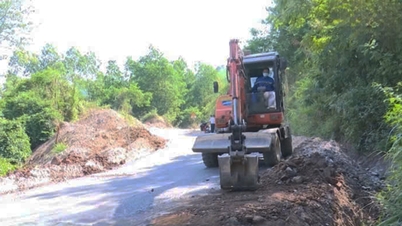

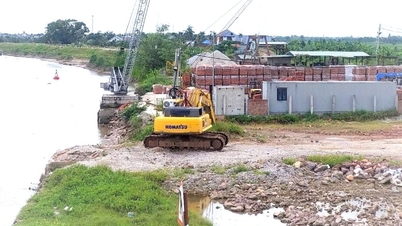




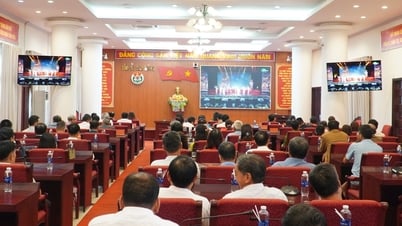




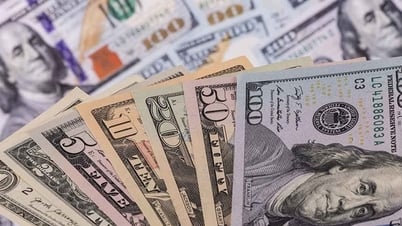































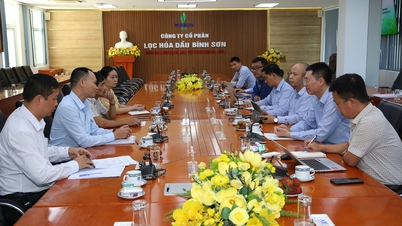
















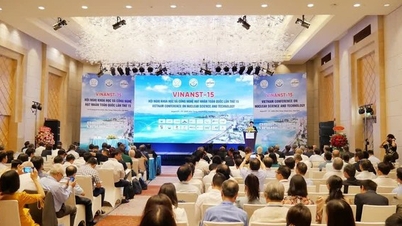






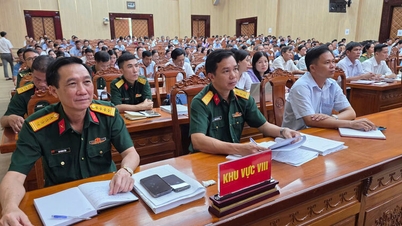

















Comment (0)